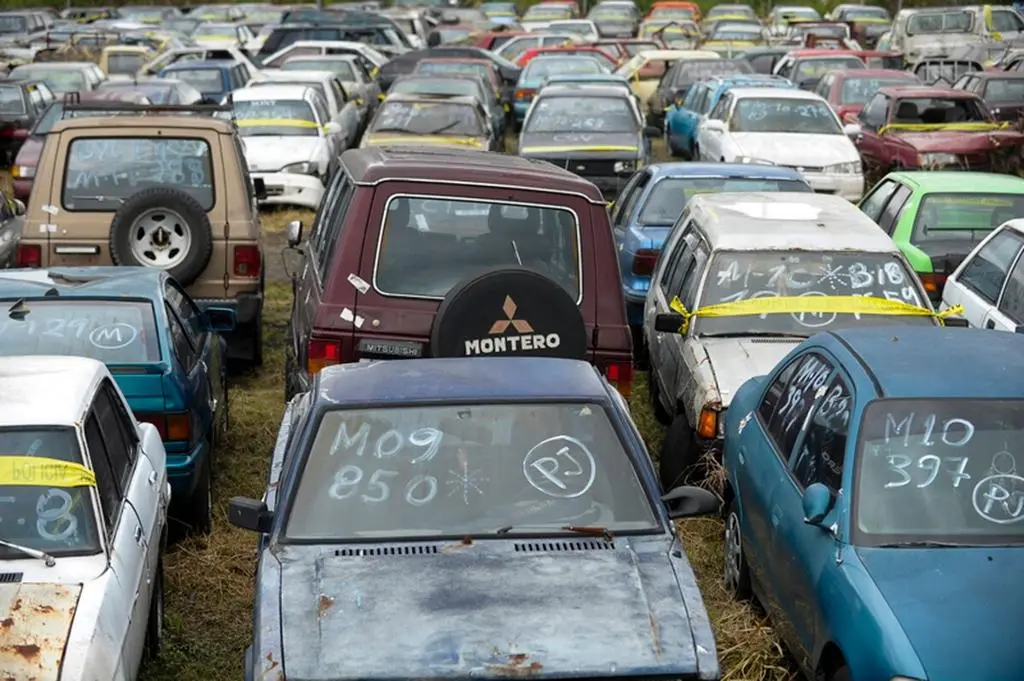Costa Rica’s Traffic Police are facing a significant challenge as Cosevi warehouses reach 150% of their intended capacity, with 58,000 vehicles, mostly motorcycles, filling the available spaces. This saturation is preventing further vehicle seizures, except in extreme cases. In this blog post, we’ll explore the reasons behind this situation, the plans to address it, and the implications for road safety in Costa Rica.
- The Role of Traffic Police and Cosevi
The Traffic Police are responsible for seizing vehicles in various circumstances, such as those without license plates, with false plates, or posing safety risks due to their mechanical condition or the driver’s state. Meanwhile, the Road Safety Council (Cosevi) is in charge of storing these confiscated vehicles.
- Addressing the Overflow: Destroying Vehicles
To tackle the overwhelming number of seized vehicles, Cosevi has announced plans to destroy 55,000 of them. However, before this can occur, each vehicle must be unregistered in the National Registry to ensure that previous owners are not charged the right of circulation.
- Donations and Junk Metal: The Fate of Unclaimed Vehicles
Unclaimed vehicles are typically marked for donation or as junk metal. The process of clearing the yards throughout Costa Rica is expected to take 24 months, and a contract has been signed with a company responsible for removing and compacting the vehicles into scrap metal. This agreement is in place for four years, highlighting the commitment to addressing the issue.
- Implications for Road Safety
With Cosevi warehouses currently operating well beyond their intended capacity, the Traffic Police’s ability to seize vehicles in certain circumstances is hindered. This situation may impact road safety, as vehicles posing a danger to other road users could potentially remain on the streets longer than they should.
- The Way Forward
As Costa Rica embarks on a two-year plan to clear the overcrowded Cosevi warehouses, it is crucial to consider long-term solutions to prevent similar situations from arising in the future. This might involve reassessing vehicle seizure policies, improving storage capacities, or streamlining the process of unregistering and disposing of seized vehicles.
The saturation of vehicles in Cosevi warehouses presents a significant challenge for Costa Rica’s Traffic Police and road safety. As plans to address the overflow are set in motion, it is essential to consider sustainable solutions that will help maintain safe and orderly road conditions in the country.

